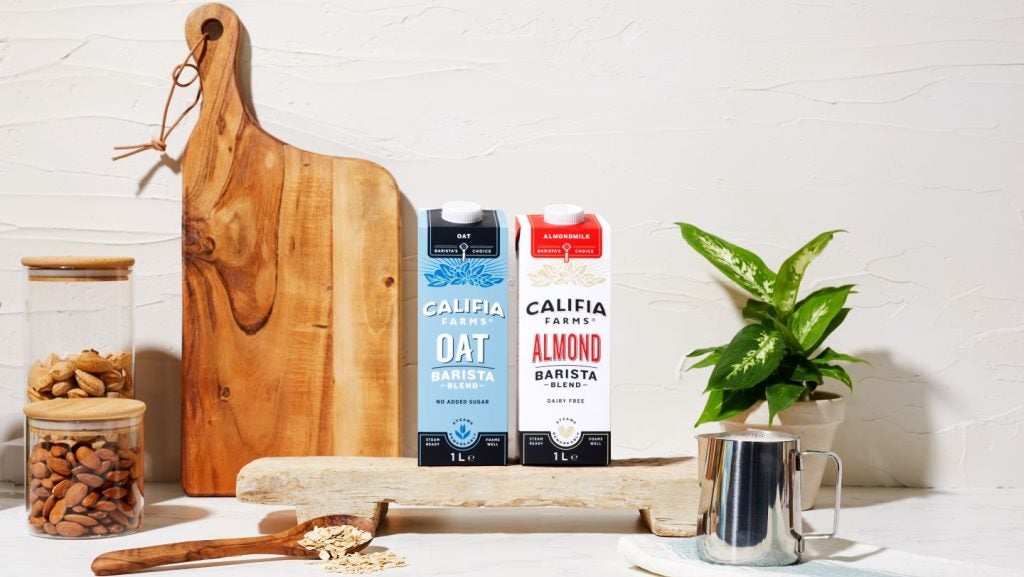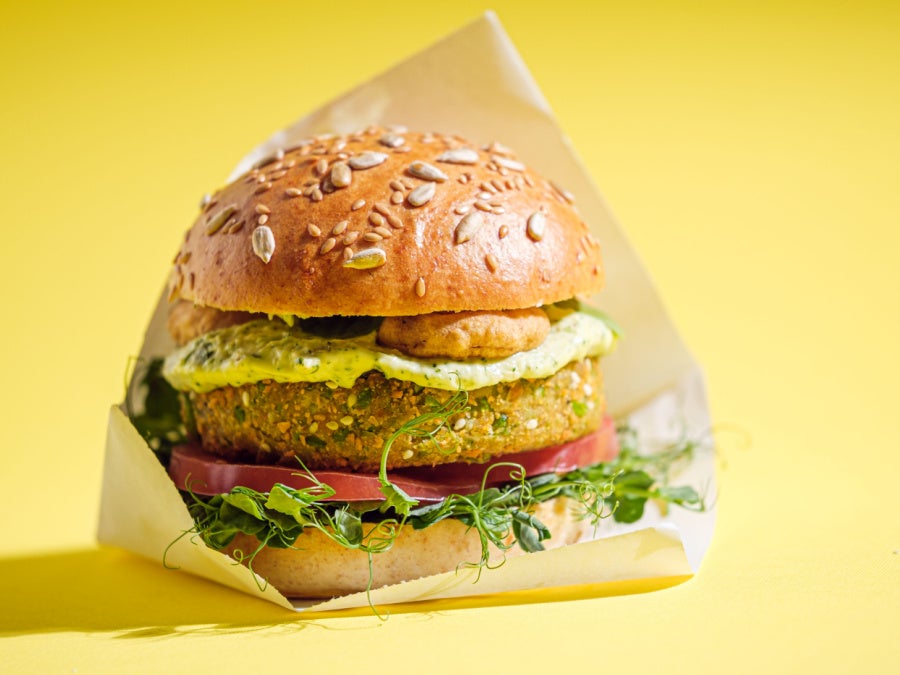US processor Trident Seafoods is streamlining operations with plans to sell four sites in Kodiak, Alaska.
In addition, the privately-owned business, which claims to be the “largest vertically integrated seafood harvesting and processing company in North America”, will either “retire” or seek a buyer for its seafood cannery in South Naknek, Alaska, along with support functions in Chignik.
The four Kodiak facilities are described as “shoreside plants” processing year-round seafood species such as pollock, salmon, Pacific cod and crab.
Trident Seafoods said in a statement that the “restructuring is designed to focus operations and investments on assets that fuel the company’s shift”.
Joe Bundrant, the CEO of the business that has been operating in Alaska for more than 50 years, added “bold action today is necessary to deliver fair value to fleet, communities, and all stakeholders into the future”.
See Also:
Jobs are set to go at Trident Seafoods headquarters in Seattle, Washington, which the company put at 10% of the workforce.
How well do you really know your competitors?
Access the most comprehensive Company Profiles on the market, powered by GlobalData. Save hours of research. Gain competitive edge.

Thank you!
Your download email will arrive shortly
Not ready to buy yet? Download a free sample
We are confident about the unique quality of our Company Profiles. However, we want you to make the most beneficial decision for your business, so we offer a free sample that you can download by submitting the below form
By GlobalDataContacted by Just Food to establish the numbers involved and whether jobs are set to be eliminated in Kodiak, South Naknek and Chignik, Trident Seafoods declined to expand on any potential cuts.
However, a company spokesperson said: “It’s too early in the process to speculate on all potential scenarios for 2024. We are at the very beginning of a process that we expect may take several months to complete.
“While potential sale negotiations will undoubtedly be private, we are committed to sharing information as soon as possible and appropriate.”
Trident Seafoods said in its statement announcing the consolidation process that the streamlining is necessary as the company reacts to the “changing dynamics of the global seafood industry”.
The business cited declining global demand for seafood, oversupply and foreign competition, all of which have driven prices down and put pressure on profit margins.
“We are competing against producers in other countries that do not share our commitment to or investments in environmental sustainability, social responsibility and product quality,” CEO Bundrant said. “Many of our foreign competitors operate with minimal regulatory costs and oversight, inexpensive infrastructure, and exploitive labour practices.
“In this global business environment, Trident is betting that it can remain competitive by attracting customers who value the sustainability, quality, and integrity of wild Alaska seafood, while also aggressively reducing costs and improving productivity.”
He described the restructuring in the operations as “significant”, adding: “Embracing these changes and operating a more streamlined company will allow us to reinvest in the communities, people, processes, and assets that enable us to continue our mission of responsibly sharing wild Alaska seafood with the world.”
Trident Seafoods sells its own brand of products into retail and also the Louis Kemp, Alaska Naturals and Pure Catch lines. As well as fresh fish, the portfolio includes breaded and battered packaged varieties, crab and fish sticks, and supplements. The company serves the foodservice channel, too.
Meanwhile, buyers will also be sought for Trident Seafoods’ “seasonal plants” in Ketchikan, Petersburg and False Pass as the business refocuses its salmon strategy on Southeast Alaska and the so-called Area M, which includes the Alaska Peninsula and Aleutian Islands Management Area.
“These are all well-maintained operations that align better with other operators’ strategies,” Jeff Welbourn, the senior vice president for the Alaska operations, said.
“We are modernising and re-tooling the remaining Alaska plants to be more efficient, effective, and sustainable operations.”


